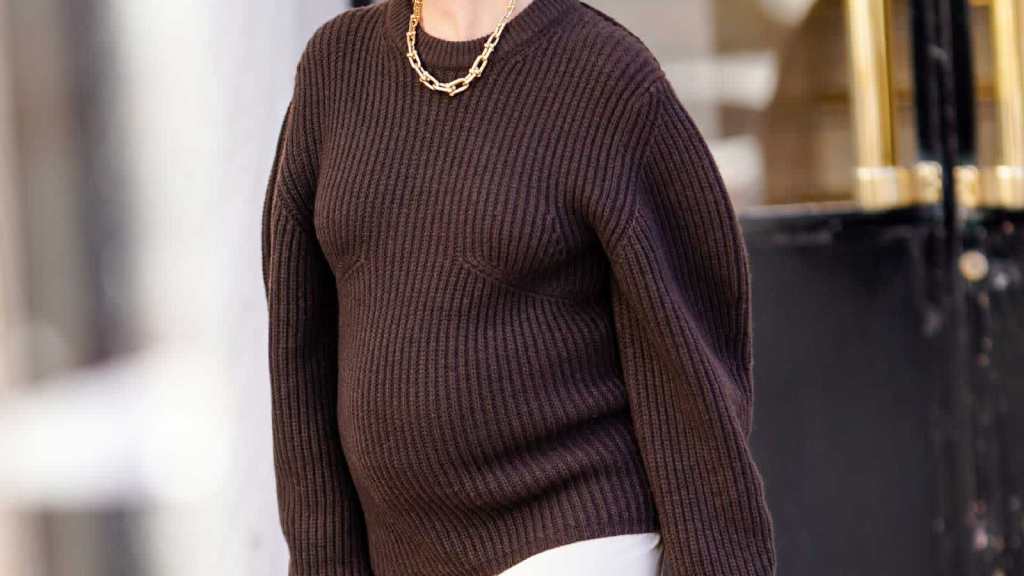A peek into the savings accounts of others is always fascinating. How much of people’s salaries are they spending? And how are they putting away? And how does that change throughout the course of their lives? It’s an incredible insight into human behaviour.
And the latest insight on it, which comes courtesy of new research by Finder, says that an alarming amount of expectant parents had barely saved for them.
According to Finder’s Parenting Report 2021, which surveyed 1,033 parents of children under the age of 12, 10% of parents had no money in savings before starting a family. A further 28% of parents had $5,000 or less in savings before their child was born.
To really understand what $5,000 towards raising a child means, you’ll need to look at how much kids cost. A 2018 study by the Australian Institute of Family Studies found it costs low-paid families around $140-$170 per week to raise a child, which amounts to $8,840 a year of $159,120 over 18 years.
But clearly, budgets for bubs can vary — and greatly so. On the other end of the spectrum, parents who choose to send their kid to a private school can in some cases be set back up to $42,000 per child per year — a big jump from $8,840 per year.
Interestingly, the research showed that, on average, Gen X parents have more than double the amount of savings ($51,206) compared to Gen Z parents ($25,798) before starting a family. The survey also found that those in NSW had the most amount of savings before the arrival of their firstborn ($57,994) than those in Victoria ($46,005) and Queensland ($36,919).
So, is there a right amount to have saved up before having a baby? The answer is no, there isn’t one right amount — instead, it depends on personal circumstances, says Alison Banney, Finder money expert.
“The amount you should have in savings will vary depending on your situation,” says Banney. “For instance, having a large mortgage means dedicating a chunk of your income towards repayments, and the same goes for credit card debts of other loans.”
“Think about whether you could afford to spend an extra $10,000 a year on your child, and whether you would be willing to give up small luxuries like eating out and new clothes to save money,” she says.
Regardless of the amount in your savings, however, Banney says building up a separate emergency savings fund is a must for new parents. “Having a family is a big financial responsibility, and it increases the chance of facing unexpected expenses.
“This means it’s crucial to build up an emergency savings fund to make sure you can meet sudden expenses like medical bills for your family without feeling stretched.
“Ideally you’ll have at least three months’ worth of expenses saved up, accounting for the cost of food, bills and other living expenses for you and your family.”
Read more stories from The Latch and subscribe to our email newsletter.







